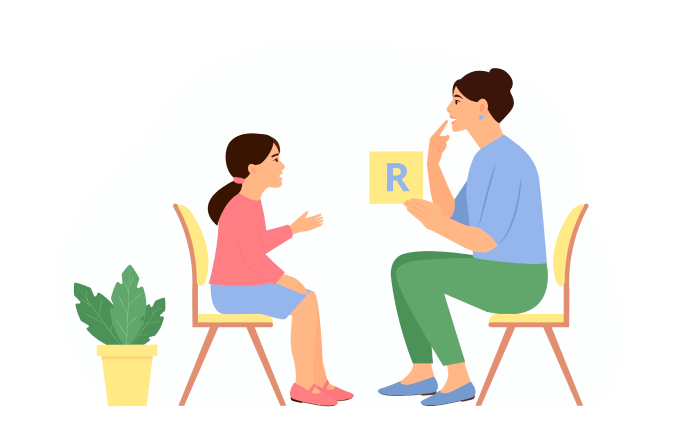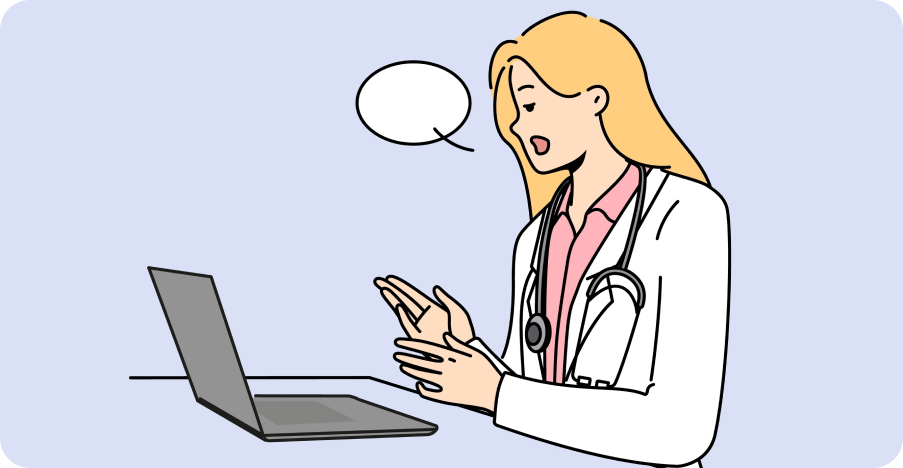
Speech therapy helps toddlers build essential communication skills through fun, interactive sessions tailored to their developmental needs. Benefits include:
Improved speech clarity – Helps toddlers pronounce sounds correctly and be better understood.
Stronger language skills – Boosts vocabulary, sentence building, and ability to express thoughts and needs.
Better social communication – Enhances eye contact, turn-taking, and responding in conversations.
Support for developmental delays – Addresses speech or language disorders early for better long-term outcomes.
Increased confidence – Encourages toddlers to communicate more freely at home, daycare, and playgroups.
At DrSensory, you can explore expert resources and find trusted speech therapists near you to support your child’s communication journey.

- Parent Interview & Developmental History: The therapist begins by gathering information about the toddler’s medical background, speech milestones, family history, and daily communication concerns through caregiver input.
- Play-Based Observation: Through natural play and interaction, the therapist observes how the child communicates, understands language, and engages with caregivers and peers.
- Standardized Language Assessments: If needed, formal testing is used to compare the child’s speech and language skills to age-based norms, helping guide diagnosis and therapy planning.
If you have concerns, don’t wait—consult a pediatrician or use DrSensory’s Therapist Database to find a licensed pediatric speech therapist near you.















































































